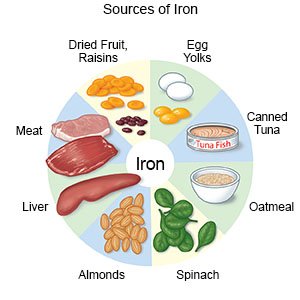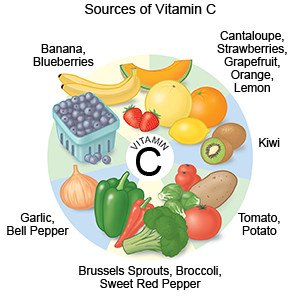Acute Posthemorrhagic Anemia
Medically reviewed by Drugs.com. Last updated on Apr 6, 2025.
Acute posthemorrhagic anemia is a condition that develops when you lose a large amount of blood quickly. Anemia is a low number of red blood cells or a low amount of hemoglobin in your red blood cells. Hemoglobin is a protein that helps red blood cells carry oxygen throughout your body.
DISCHARGE INSTRUCTIONS:
Call 911 or have someone call 911 for any of the following:
- You lose consciousness or cannot be woken.
- You have severe chest pain.
Seek care immediately if:
- You have dark or bloody bowel movements.
Contact your healthcare provider if:
- Your symptoms are worse, even after treatment.
- You have questions or concerns about your condition or care.
Medicines:
- Iron supplements may be given if your iron level is too low.
- Take your medicine as directed. Contact your healthcare provider if you think your medicine is not helping or if you have side effects. Tell your provider if you are allergic to any medicine. Keep a list of the medicines, vitamins, and herbs you take. Include the amounts, and when and why you take them. Bring the list or the pill bottles to follow-up visits. Carry your medicine list with you in case of an emergency.
Manage your symptoms:
- Rest as needed. Anemia may make you more tired than usual. Rest will help you heal and can help prevent more bleeding.
- Eat healthy foods rich in iron together with foods rich in vitamin C. Nuts, meat, dark leafy green vegetables, and beans are high in iron and protein. Vitamin C helps your body absorb iron. Foods rich in vitamin C include oranges and other citrus fruits. Ask your healthcare provider for a list of other foods that are high in iron or vitamin C. Ask if you need to be on a special diet.


- Drink liquids as directed. Ask your healthcare provider how much liquid to drink and which liquids are best for you. For most people, good liquids are water, juice, and milk.
Follow up with your healthcare provider as directed:
Write down your questions so you remember to ask them during your visits.
© Copyright Merative 2025 Information is for End User's use only and may not be sold, redistributed or otherwise used for commercial purposes.
The above information is an educational aid only. It is not intended as medical advice for individual conditions or treatments. Talk to your doctor, nurse or pharmacist before following any medical regimen to see if it is safe and effective for you.
Learn more about Acute Posthemorrhagic Anemia
Treatment options
Care guides
Further information
Always consult your healthcare provider to ensure the information displayed on this page applies to your personal circumstances.
